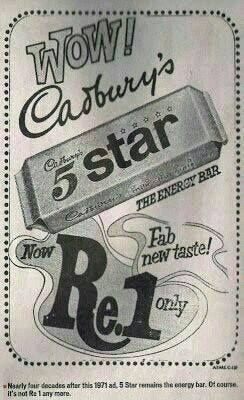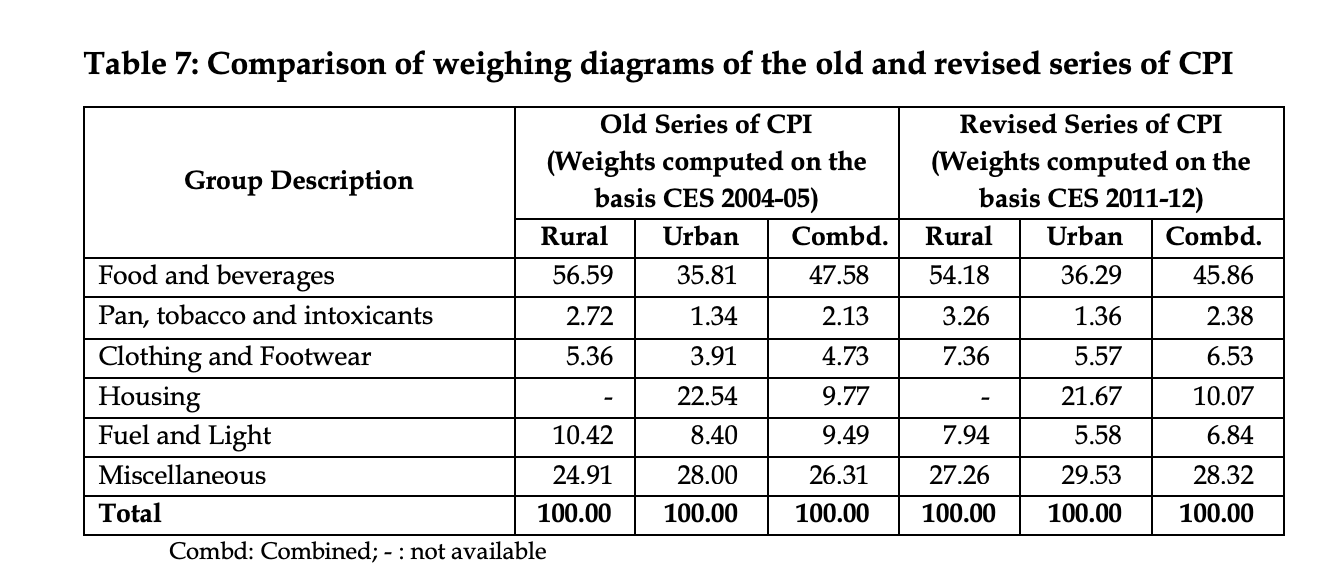Nostalgia is poor
We hear our parents say that life has become easier for us. In this piece, I wanted to explore if we indeed are richer than our parents.
This is 1st edition of a series that I will be doing. While our media is busy pointing out all that is wrong in this world, I want to discuss things that have improved, that we need to be happy about. We need to be optimistic about the times that we live in. Hence this series is called GHF - Glass Half full.
In the first story, I want to explore how we are richer than all our previous generations.
The only silver lining of the Covid pandemic was letting people go back to their homes and spend time with their families.
To put things in perspective, since people started working from home, many in their 20’s and 30’s went back to their hometowns to stay with their parents. So it didn’t make any difference where you were in person since we started living inside the screen.
If life continued normally and we continued with our lives the way we used to live, the last two years were equal to 30 years worth of time.
In a typical year, you spend 10-20 days with your parents when you visit your home on breaks or when they come to see you. So every month you stay at home, it’s like 1.5 years of additional togetherness.
We may not realise it now, but we’ll realise this once things have got back to normal, and this becomes a distant memory. We’ll have nostalgia about these days.
Unfortunately, there is an overdose of nostalgia when you start spending time with the older generations - the parents and grandparents.
Let me post a random poster from the internet in a desperate attempt to evoke nostalgia.
Source: pinterest | Bhavinonline.com
So most of the dinner table talks inadvertently veer towards “In our times….”
When I thought long enough about these discussions, I realised there were broadly two feelings:
Condescension - Life is easy for our generation as compared to them
Nostalgia - Things were cheaper and better in their times
Now, logically there is no overlap between these two lines of argument.
Let me give an example. And this is as generic as it can get when it comes to parent-children talk.
“You (children) have an easy life. We had to face so many difficulties.” Five sentences later, “Things have become so contaminated and costly these days. Things were so cheap and pure when we were growing up.”
If things were cheap and pure, doesn’t that mean you had a better life? Isn’t this contradicting logic?
But as Indian kids of yore, we understood one thing very well. Elders are like the church; their discussions are like gospels. Either you agree, or you are banished.
Anyways, the point of this was for me to explore which of the two hypotheses is true. Life has become better and more manageable, or has it taken a turn for the worse?
To understand this, I wanted to answer a simple question - can people afford a better life? (Purely from a worldly standpoint since that is easier to measure compared to other emotional and mental aspects)
This “having a better life” question further breaks down into a few sub-questions:
Have we become richer?
Have our necessities changed?
Have we started buying more discretionary (read useless) products, or have people started saving more?
Are people richer than their grandfathers?
Before we get to this point, let’s understand money and how we buy stuff. I may be generalising it a bit too much, but this is a neat way of building a perspective.
People earn money by doing work. Then they spend this money to buy stuff. So first, we need to purchase necessary basic things - Roti, Kapda, Makaan (Food, Clothing, Shelter) and then buy not-so necessary things (TV, Car, Bike) and finally “unnecessary Items” like iPads, Yachts etc.
Between the Not-so necessary and unnecessary items, we also think of saving, investing and donating.
So, on the whole, a very simplistic conclusion is that- the more stuff you can afford, the richer you are.
Now let’s look at the income levels.
The metric which explains this the best is the Gross National Income per capita at constant prices.
It is a good metric because - A. our population has exploded in the past few years, so we have to take a per capita measure, and B. Fixing the prices gets a fair comparison.
So this is how it has increased.
This clearly shows that in the last 50 years we are earning five times more on average. And this is adjusted for the increasing prices of the goods.
The increasing wants
But this is just one side of the story. As cliched as it may sound, our ‘needs’ are also increasing. Well, if you asked my father when he was my age what essentials were needed - he would have listed out a few things. Wi-Fi, Parking Charges, Netflix subscription wouldn’t have been featured. And if you ask anyone my age, these are bare necessities. Water and Wi-Fi have almost the same importance in our lives. The more significant point is - Our needs change.
To establish this, I looked at the ideal basket of goods that are needed by a household. Unfortunately, I couldn’t find any older data readily, so I compared two very recent years to illustrate it.
The below table shows the basket of goods and the weights of individual interests. What that means is - for an average household, what is the share of spending on each group.
Let me try and explain it a bit. First, from a consumption standpoint, out of 100 rupees that someone spends, 57 was for food in 2004-05 while it was 54 in 2011-12.
I am assuming people have not started eating lesser.
Extending this a bit, I believe close to 70% of the total spending was towards food in the 1970s, which is around 50% now.
So essentially, the needs have grown by 1.4 times. But, of course, this is just an estimate.
And if we go by the proxy of the Wholesale basket as per this paper, then the weight of food products has virtually halved.
On the whole, we can conclude needs (or wants; however you want to put it) have increased almost 1.5 to 2 times.
In essence, while our income has increased 5X, our basket of Goods has increased 2X.
Good news: We have grown more prosperous than our parents in a substantial manner.
And next time someone brings up the conversation around the dinner table, let’s be thankful that we were born in the time that we were born. A couple of decades earlier, and we would have been much poorer on average.
So enjoy the time with your parents and make it happier for them for they have seen more challenging times.



